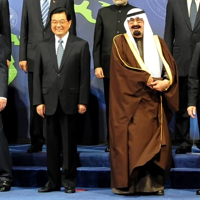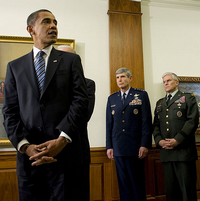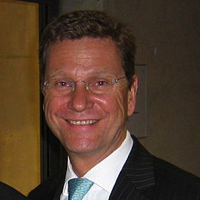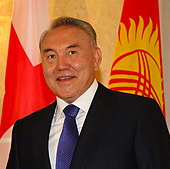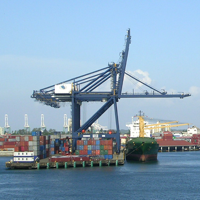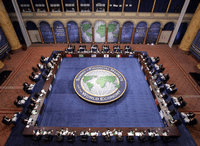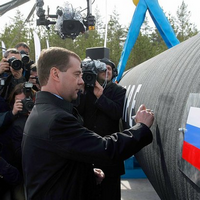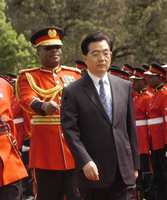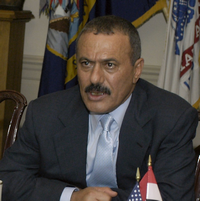
One of the worst-case scenarios looming over the West and moderate Muslims in Arab countries is that extremist groups could hijack the current wave of pro-democracy revolutions or otherwise take advantage of the unrest to expand their footprints and strengthen their operational capabilities. Nowhere are those fears better-founded than in Yemen, where conditions have for years made the country a prime candidate to succeed Afghanistan as a base of operations for al-Qaida. While an outcome that benefits al-Qaida is far from assured, there are strong reasons to believe this is a plausible scenario and clear factors that would make such […]


